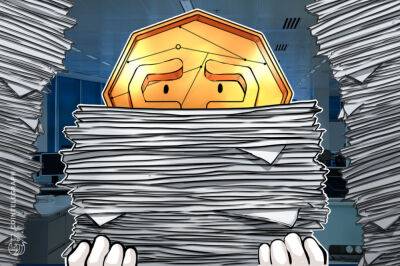Nonfungible airdrops: Could NFA become the next big acronym in the crypto space?
Airdrops have become the bread and butter of the crypto world — for good reason.
They're an indispensable marketing tool for up-and-coming projects that want to create a buzz around their ecosystems.
Done right, distributing free tokens to the public can help elevate demand — and unlock big benefits for recipients. After all, if these altcoins end up being listed on major exchanges at a later date, their value could explode.
Unfortunately though, downsides have started to emerge. These campaigns aren't just reaching enthusiasts who passionately believe in what a project has to offer, but "airdrop hunters" who are merely scouring for ways to turn a quick profit.
Airdrop hunters typically want to sell off the tokens they've received for free — as soon as they can. And for cryptocurrency projects at their very early stages, this can be bad news — undermining carefully cultivated tokenomics and causing the value of a coin to fall.
The current bear market has also unearthed another problem. Many projects are now postponing the schedules for unlocking new tokens — waiting until the economic climate improves slightly. And while this is usually in the best interests of a project and their investors in the long run, it can be disappointing news for those who won tokens in an airdrop. Why? Because they're no longer able to freely trade or liquidate the digital assets they're entitled to.
So… what's the answer? Can airdrops be revitalized, eliminating some of the downsides that have emerged in recent years? And is there a way for hodlers to benefit — even if they haven't got their hands on tokens just yet?
Right now, projects are attempting to walk this tightrope between gaining publicity and engaging in marketing strategies that could
Read more on cointelegraph.com
























